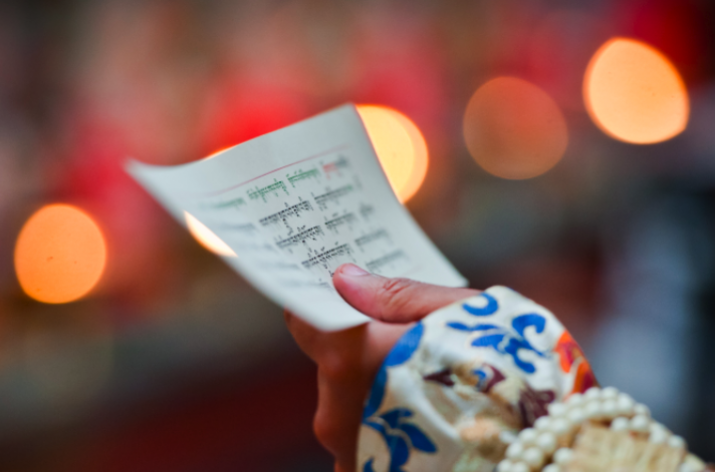NEWS
Government of Maharashtra Approves Initiative to Translate Tripitaka into Marathi
 From 84000.co
From 84000.coThe government of the Indian state of Maharashtra has agreed to form a committee to translate the Buddhist scriptures, known in Sanskrit as the Tripitaka, into the Marathi language to commemorate the 125th anniversary of the birth of the Indian scholar, social activist, and reformer Dr. Bhimrao Ramji Ambedkar (1891–56), popularly known as Babasaheb. The Babasaheb Ambedkar Research and Training Institute (BARTI) proposed the project to the government in August last year.
Marathi is an Indo-Aryan language strongly influenced by Sanskrit. One of the 23 official languages of India, it is the official language of the state of Maharashtra and a semi-official language in the state of Goa. According to census data, there were 73 million Marathi speakers in India in 2001.
“The philosophical teachings of Gautam Buddha are conserved in Pali language. The Buddha delivered sermons in language that the common man could understand,” said BARTI director-general D. R. Parihar. “Studying the literature helped Dr. Babasaheb Ambedkar to better understand the values of equality, freedom, fraternity, and social justice—the basis of the directive principles of the Constitution of India. Vipashyana Dhamma Giri, Igatpuri, has published Tripitakas in Pali and we will take help from the center.” (Pune Mirror)
Gautam Chabukswar, a member of the legislative assembly of Pimpri, a suburb of the city of Pune, who is set to join the proposed committee, expressed eagerness to see the project under way: “Within a month, we will hire Pali, Buddhist, and Marathi scholars to translate . . . 50,000 pages of the Tripitaka. It is a mammoth task and will require five years according to primary estimates. The government will decide on the funding once we finalize the proposal.” (Pune Mirror)
The Tripitaka, or Three Baskets, is a traditional term used to refer to the Buddhist scriptures. The Tripitaka is divided into three parts: the Sutra Pitaka, the teachings and discourses of the historical Buddha, Shakyamuni; the Vinaya Pitaka, or rules and regulations for monastic communities; and the Abhidharma Pitaka, or teachings on Buddhist philosophy and doctrine.
The project in Maharashtra mirrors the ambitious undertaking of the global non-profit initiative 84000, which in 2010 began translating the words and teachings of the Buddha into modern languages with the aim of preserving the teachings and making them available to everyone. According to 84000, only 5 per cent of the Buddha’s teachings have been translated into modern languages, and due to the rapid decline in knowledge of classical languages and in the number of qualified scholars, the world is in danger of losing this unique cultural and spiritual legacy. The 84000 initiative, which has so far commissioned 22,556 pages for translation, aims to provide universal access to Buddhism’s literary heritage within 100 years.
See more
FINALLY, BUDDHIST TEXTS IN MARATHI (Pune Mirror)
84000 (Homepage)














